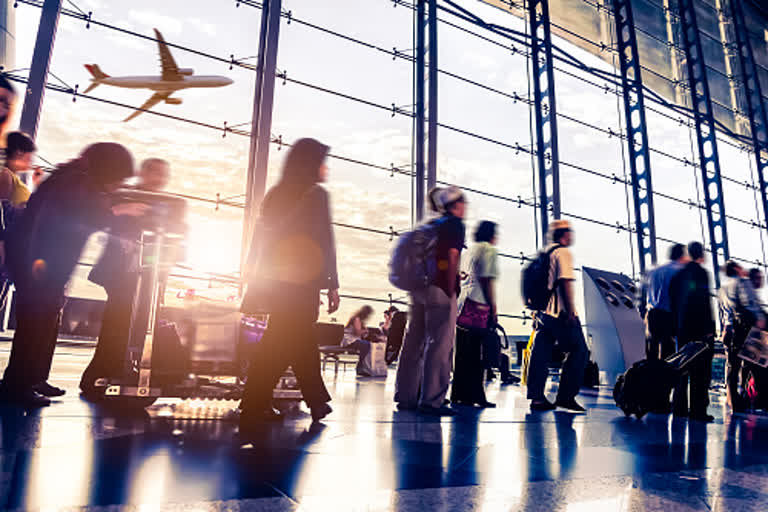New York: Researchers are using Artificial Intelligence (AI) to track and assign a level of demand on an individual customer's flight preferences in a way that is beneficial to the customer's budget and privacy, as well as to the airline industry's bottom line.
According to the researchers, the pricing models use a combination of AI techniques - machine learning and deep neural networks. The models consider various price factors such as flight origin, destination, the timing of travel and duration of a trip to assign a value on demand.
"Most airlines offer every customer the same price for a checked bag, however, not every customer has the same travel and budget needs. With AI, we can use information gathered while they shop to predict a price point at which they will be comfortable," said Lavanya Marla, Professor at the University of Illinois in the US.
"For example, a customer who is travelling for a few days may not be motivated to pay for a checked bag, but, if you discount it to them at the right price - where convenience outweighs the cost - you can complete that sales conversion. That is good for the customer and good for the airline," she said.
In the study, the research team collaborated with a European airline over a period of approximately six months to gather data and test their models. While shopping, customers logged in to a pricing page where a predetermined percentage of customers are offered discounts on ancillary services.
Read more:Anti-dumping duty likely on certain type of steel from Brazil, China, Germany
"We started by offering the AI-modelled discounts to five per cent of the customers who logged in," said Marla and study co-author Kartik Yellepeddi, co-founder of Deepair Solutions, in a joint statement.
"The airline then allowed us to adjust this percentage, as well as to experiment with various AI techniques used in our models, to obtain a robust data set," Yellepeddi added.
According to the study, the airline began to see an uptick in ancillary sales conversions and revenue per customer and allowed the researchers to offer discounts to all of the customers who logged in.
There was an increase seen in ancillary sales conversions and ancillary revenue per offer by 17 per cent and 25 per cent, respectively.
The research team said AI can help the airline industry move away from the concept of the "average customer" and tailor their offers to "individual travellers".
The study will be presented at the 25th ACM SIGKDD Conference on Knowledge Discovery and Data Mining in August.



